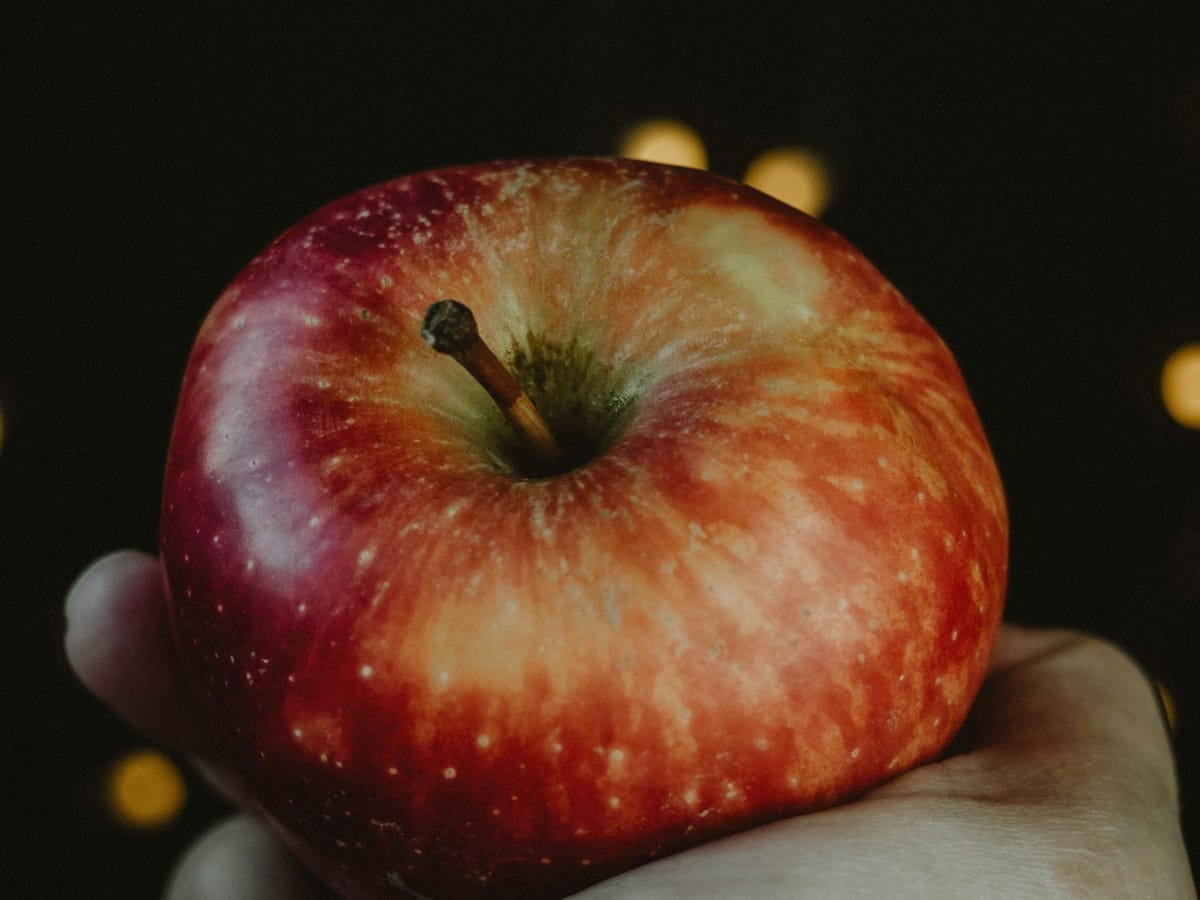Why? Part 2: Sin Enters the World
In Why? Part 1: A Very Good, Perfect World, we explored a very good, perfect world given by God to Adam and Eve. God had five rules for Adam and Eve: 1) Be fruitful...

In Why? Part 1: A Very Good, Perfect World, we explored a very good, perfect world given by God to Adam and Eve. After blessing Adam and Eve, He assigned three responsibilities to Adam and Eve:
Then God blessed them and said, “Be fruitful and multiply. Fill the earth and govern it. Reign over the fish in the sea, the birds in the sky, and all the animals that scurry along the ground.”" (Genesis 1:28 NLT)
And God issued this stark warning:
But the Lord God warned him, “You may freely eat the fruit of every tree in the garden— except the tree of the knowledge of good and evil. If you eat its fruit, you are sure to die.” (Genesis 2:16 NLT)
You may be familiar with the next part of the story:
Eve is tricked by a serpent (Satan) to eat fruit from the tree of knowledge and good. She convinces Adam to take a bite of the fruit, they immediately experience shame, and they immediately understand the difference between good and evil for the first time. God reprimands the serpent, Eve, and Adam. The punishment affects mankind and the world at-large for eternity.
This historical event is universally known as "the fall of man" or "the fall" because this is the point where sin entered the world. The fall of man also brings another topic to the table: Free will, or the inherent right to chose between God's plan for mankind, or mankind's plan for itself, otherwise known as sin.
Eve was tricked and Adam was foolish. They both had the choice to say "No" after a stern warning from God, but they chose to eat the fruit anyway. Two questions must be asked here:
- Why did God give Adam and Eve the gift of choice?
- Why didn't God protect Adam and Eve from evil by not placing the tree of the knowledge of good and evil in the garden?
C.S. Lewis answers both questions better than I can:
'If a thing is free to be good it is also free to be bad. And free will is what has made evil possible. Why, then, did God give them free will? Because free will, though it makes evil possible, is also the only thing that makes possible any love or goodness or joy worth having. A world of automata--of creatures that worked like machines--would hardly be worth creating. The happiness which God designs for His higher creatures is the happiness of being freely, voluntarily united to Him and to each other in an ecstasy of love and delight compared with which the most rapturous love between a man and a woman on this earth is mere milk and water. And for that they must be free.' - C.S. Lewis, —The Problem of Evil and the Necessity of Choice
There is another lesson that can be learned from God's gift of free-will to mankind:
God is sovereign. He exercises power without limitation, answers to no one, and is all knowing. Only He could have the insight to understand how the gift of choice would shape our relationships with him and between ourselves.
We are getting closer to the reason bad things happen to good people.

Comments ()